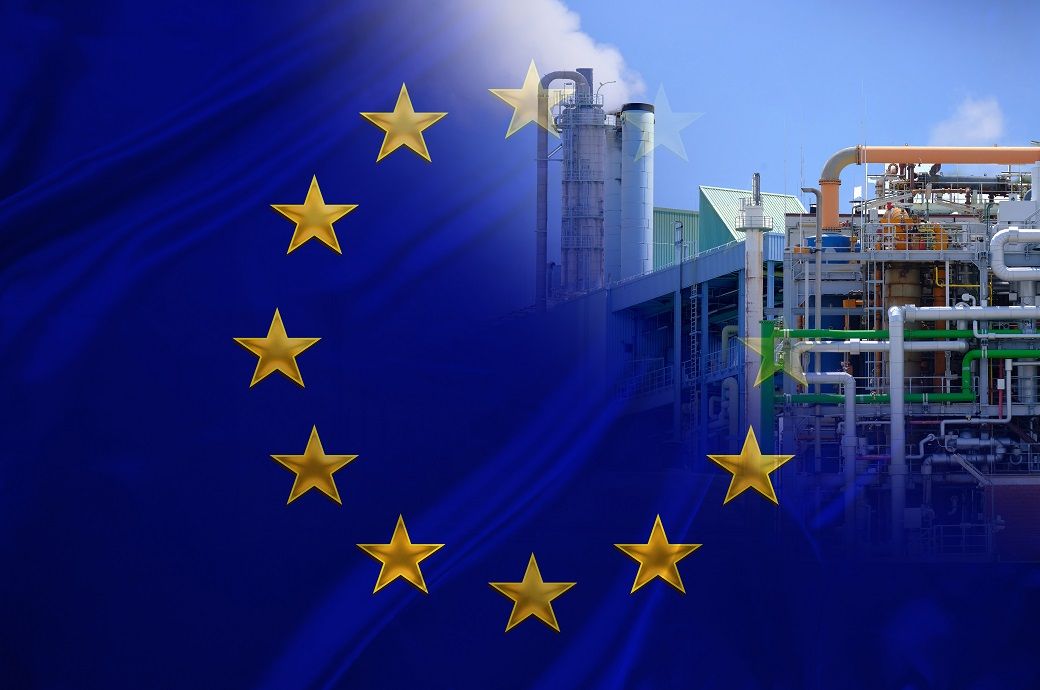
The European Commission has unveiled a comprehensive Action Plan aimed at strengthening the competitiveness and sustainability of the EU’s chemicals industry. The plan comes amid mounting pressure on the sector from high energy costs, sluggish demand, and intensifying global competition,
Presented alongside a sixth ‘Simplification Omnibus’ package for chemicals, the Action Plan outlines targeted steps to modernise production, safeguard critical capacities, and accelerate innovation and decarbonisation. The accompanying simplification measures are expected to reduce administrative burdens by at least €363 million (~$425 million) annually by easing rules on chemical labelling, cosmetics regulation, and fertiliser registration, the European Commission said in a release.
Central to the strategy is the establishment of a Critical Chemical Alliance, which will work with Member States and industry stakeholders to identify vulnerable production sites and coordinate policy support. This Alliance will align EU and national investment priorities, address supply chain dependencies, and help prevent strategic capacity closures. The Commission has also pledged to intensify trade defence enforcement and expand import monitoring to ensure fair competition in the global chemicals market.
To address the energy and feedstock costs, the Action Plan builds on the Affordable Energy Action Plan, including newly clarified rules for low-carbon hydrogen and an upcoming revision of state aid frameworks aimed at reducing electricity prices for a wider pool of chemical producers. The Commission also aims to promote the use of clean carbon sources—such as biomass, carbon capture, and waste—as well as renewables, while a public consultation on improving chemical recycling has been launched.
In a bid to drive market demand and innovation, the Commission will introduce fiscal incentives and tax policies favouring clean chemicals. Legislative initiatives such as the upcoming Industry Decarbonisation Accelerator Act, the Circular Economy Act, and the Bioeconomy Strategy will support the shift toward sustainable, bio-based, and recycled alternatives.
The Commission also plans to launch EU Innovation and Substitution Hubs and will allocate Horizon Europe funding from 2025 to 2027 to accelerate the development of safer chemical substitutes.
The Plan also reaffirms the EU’s commitment to regulate per- and polyfluoroalkyl substances (PFAS), pledging swift restrictions based on scientific advice while allowing limited critical uses under strict conditions. The Commission will invest in innovation, support clean-up and remediation under the polluter-pays principle and prioritise the development of safer alternatives to PFAS.
In parallel, the Commission has proposed an update to the ECHA (European Chemicals Agency) Basic Regulation, equipping the European Chemicals Agency with the resources and flexibility required to handle its growing mandate, which now spans chemical classification and labelling, biocidal products, import-export controls, and waste and water regulations.
This Action Plan is the third sector-specific roadmap released under the Commission’s Clean Industrial Deal, following similar initiatives for the automotive and steel sectors. The EU chemicals industry is the fourth largest in Europe’s manufacturing sector, comprising around 29,000 companies, employing 1.2 million people directly and supporting 19 million jobs across connected value chains.
ALCHEMPro News Desk (HU)
Receive daily prices and market insights straight to your inbox. Subscribe to AlchemPro Weekly!